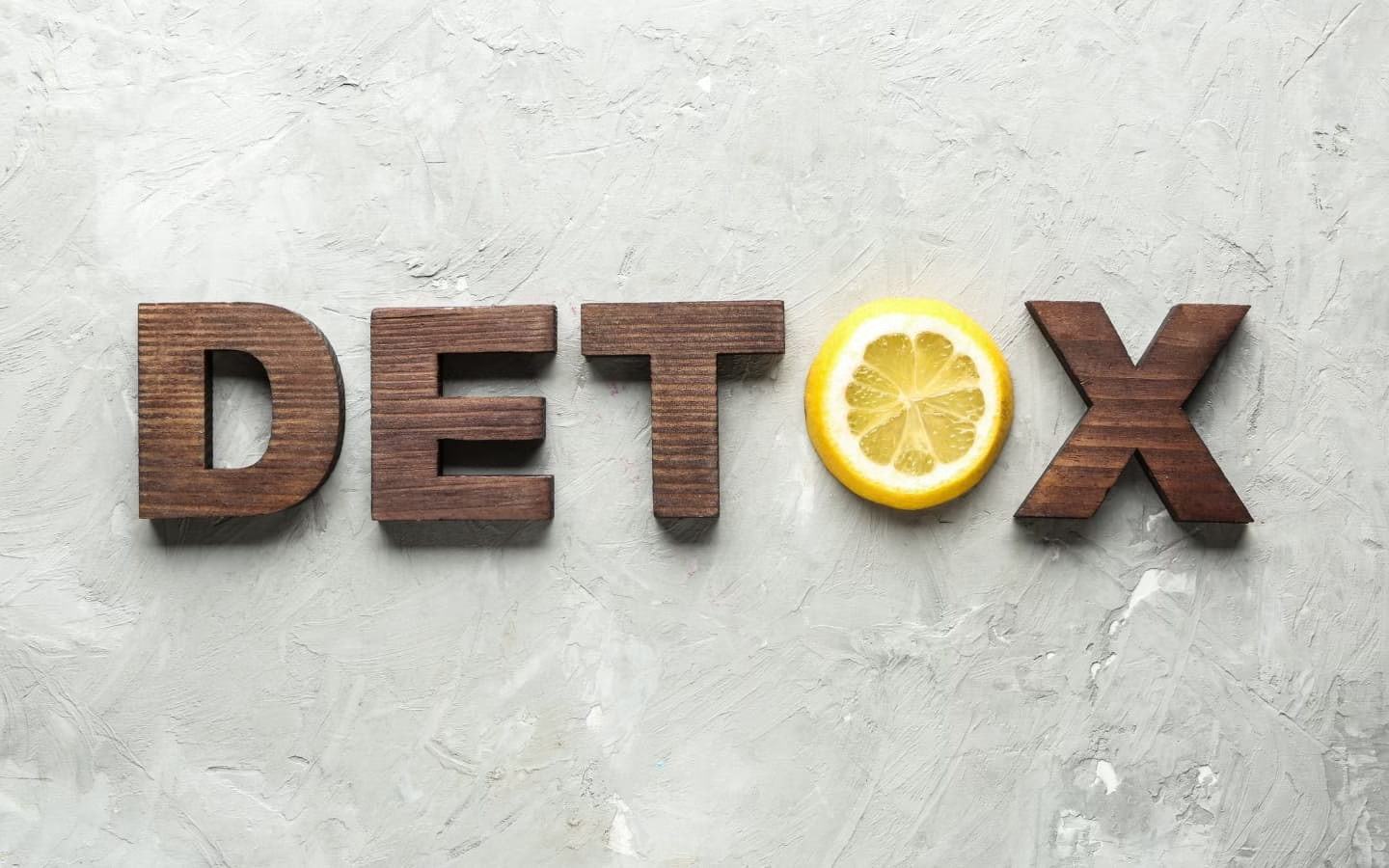The idea of detoxing can bring to mind strict juice cleanses, fasting, or extreme diets, but there are gentler and more sustainable ways to support your body’s natural detoxification processes. Your liver, kidneys, digestive system, and skin are all involved in detoxifying your body on a daily basis, and with the right habits, you can enhance these natural processes without resorting to drastic measures.
In this article, we’ll explore how you can do a natural detox in a healthy, balanced way—without fasting or extreme diets. These strategies focus on supporting your body’s natural detox systems through nourishing foods, hydration, movement, and lifestyle changes that promote overall wellness.
1. Eat Whole, Unprocessed Foods
One of the best ways to support natural detoxification is by choosing whole, unprocessed foods that are rich in nutrients, fiber, and antioxidants. Processed foods often contain additives, preservatives, and chemicals that can put extra strain on your liver and kidneys, making it harder for your body to detox effectively.
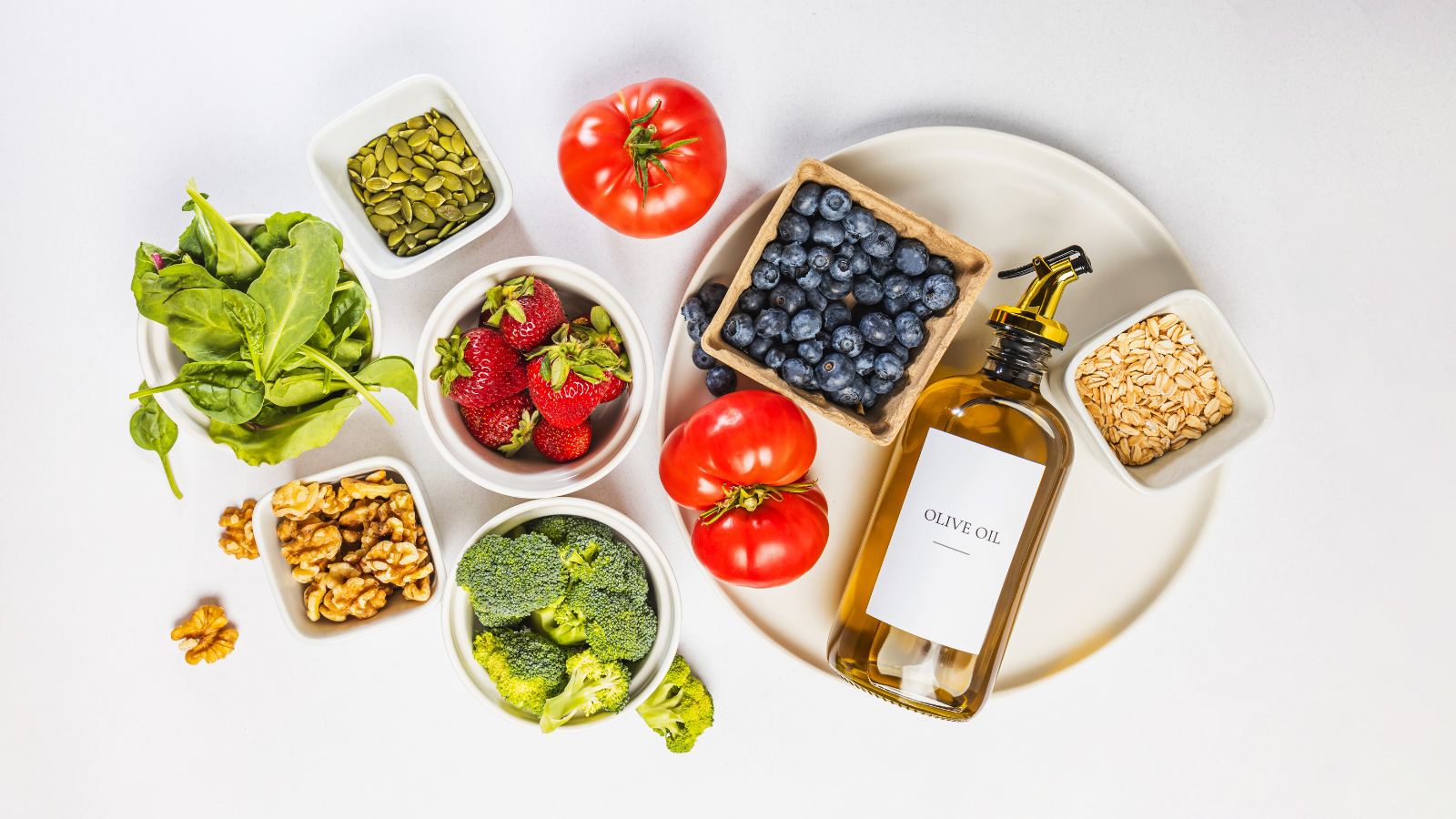
Foods to Focus On:
- Fresh Fruits and Vegetables: Choose a variety of colorful fruits and vegetables to provide vitamins, minerals, and antioxidants that support detoxification.
- Whole Grains: Brown rice, quinoa, and oats are excellent sources of fiber, which aids digestion and helps move toxins out of your system.
- Lean Proteins: Opt for lean proteins such as beans, lentils, tofu, or fish. Protein supports the liver in breaking down toxins.
- Healthy Fats: Avocados, nuts, seeds, and olive oil provide healthy fats that help the body absorb fat-soluble vitamins and support detox.
A diet rich in whole, unprocessed foods helps reduce the toxic load on your body and provides essential nutrients for detoxification.
2. Hydrate with Water and Herbal Teas
Hydration is key to supporting your body’s natural detoxification processes. Water helps flush toxins out of your system through urine, sweat, and bowel movements. Dehydration, on the other hand, can slow down these processes and lead to a buildup of waste in the body.

Hydration Tips for Detox:
- Drink Plenty of Water: Aim for at least 8-10 cups of water per day. Adjust this amount based on your activity level and climate.
- Add Lemon to Your Water: Adding lemon to your water can provide a boost of vitamin C, which supports liver detoxification and stimulates digestion.
- Try Herbal Teas: Herbal teas like dandelion root, ginger, and peppermint help support liver and digestive health, promoting detoxification.
Staying hydrated helps your body efficiently eliminate toxins and supports the health of your kidneys, liver, and digestive system.
3. Boost Liver Health with Detoxifying Foods
Your liver is your body’s main detox organ, and it works continuously to filter toxins and waste. Certain foods can help enhance liver function and support its detoxification role.
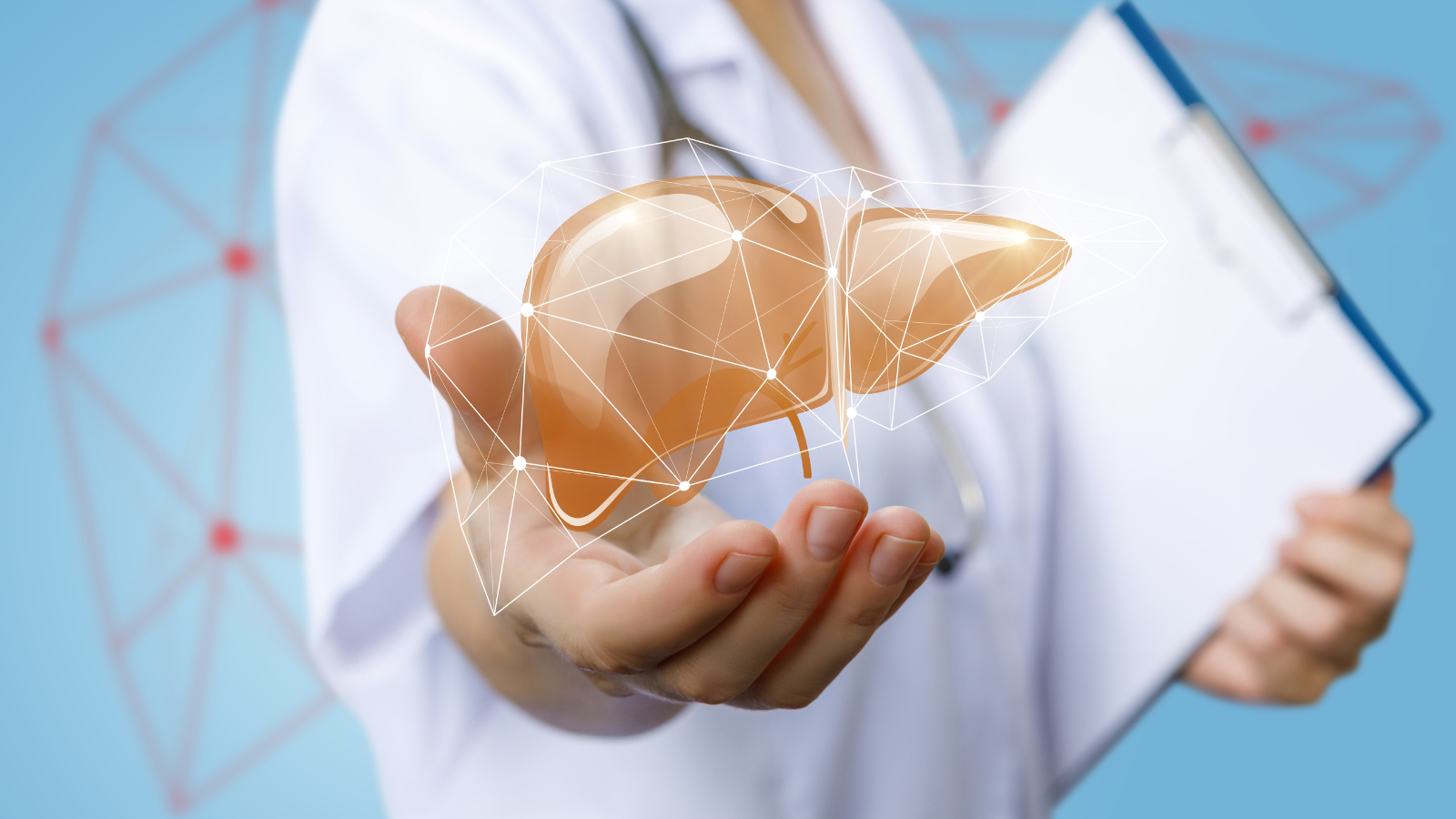
Best Foods for Liver Health:
- Garlic: Garlic contains sulfur compounds that help activate liver enzymes responsible for flushing out toxins.
- Leafy Greens: Spinach, kale, and Swiss chard are rich in chlorophyll, which helps neutralize toxins and cleanse the liver.
- Cruciferous Vegetables: Broccoli, cauliflower, and Brussels sprouts contain compounds that support liver detoxification and enzyme production.
- Beets: Beets are high in antioxidants and fiber, helping to cleanse the liver and support bile production.
Incorporating these liver-friendly foods into your diet can enhance your body’s natural ability to detox without needing extreme measures.
4. Incorporate Fiber for Digestive Detox
A healthy digestive system is essential for effective detoxification. Fiber is crucial for moving waste through the intestines and promoting regular bowel movements, which is how toxins are eliminated from the body. Without enough fiber, toxins can be reabsorbed, leading to a buildup of waste.
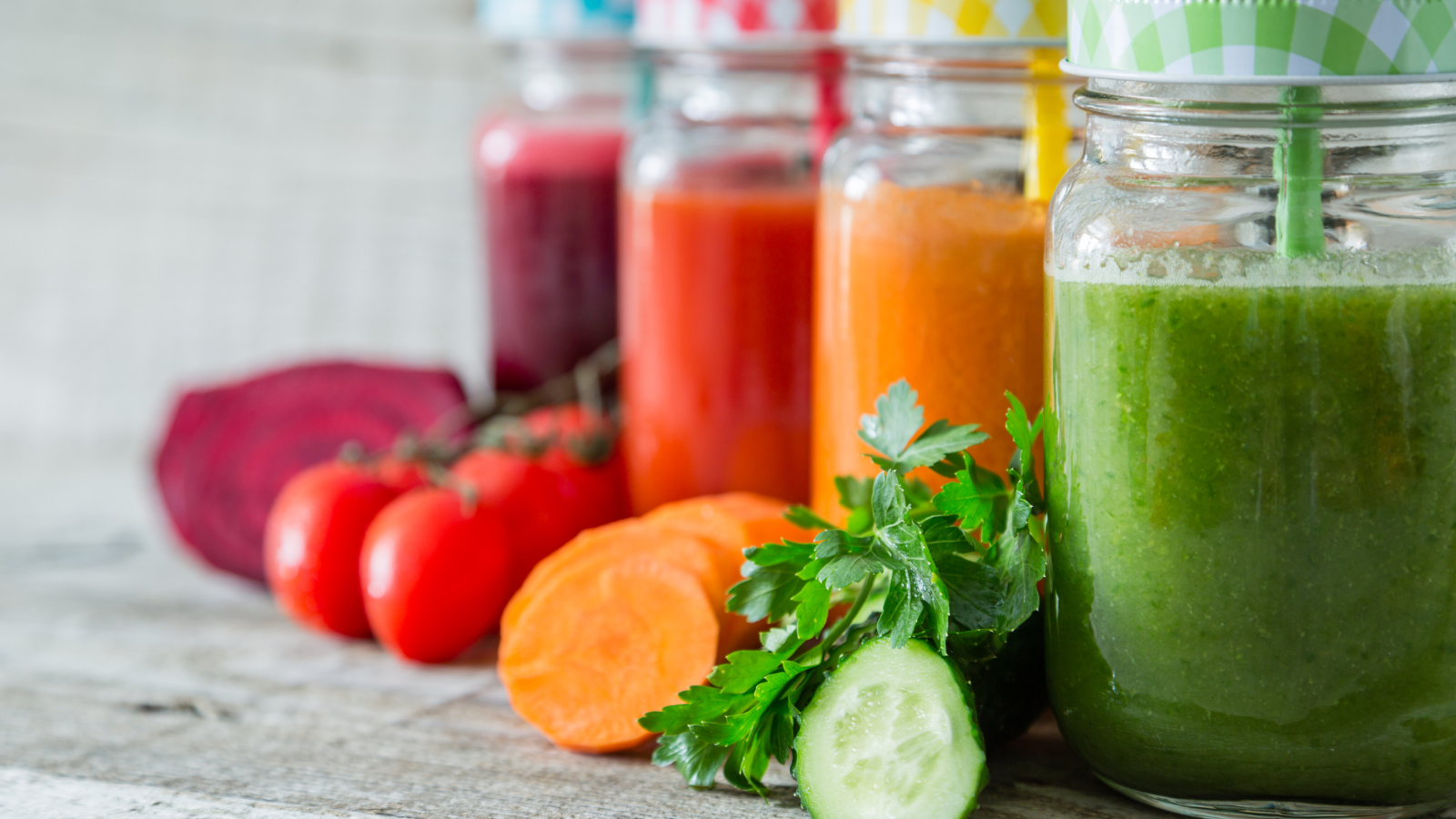
High-Fiber Foods to Support Detox:
- Fruits: Apples, pears, and berries are rich in soluble fiber, which helps bind toxins in the digestive tract and eliminate them.
- Vegetables: Carrots, sweet potatoes, and broccoli are high in fiber, which supports digestion and detoxification.
- Legumes: Beans, lentils, and chickpeas provide a good source of fiber and protein, promoting gut health and regularity.
- Whole Grains: Quinoa, oats, and brown rice are excellent sources of fiber that help keep your digestive system healthy.
Adding more fiber-rich foods to your meals will help support digestion and ensure that toxins are effectively removed from your body.
5. Get Moving with Regular Exercise
Exercise is a powerful way to support your body’s natural detoxification processes. Physical activity helps improve circulation, increases lymphatic flow, and promotes sweating, all of which help eliminate toxins from the body. Exercise also supports gut motility, which aids in the elimination of waste through the digestive system.

Best Types of Exercise for Detox:
- Cardio Workouts: Activities like running, cycling, or brisk walking help increase heart rate and improve circulation, aiding in detoxification.
- Yoga: Certain yoga poses can stimulate the digestive system and promote lymphatic drainage, supporting detox.
- Strength Training: Weightlifting and resistance exercises help build muscle and boost metabolism, supporting the body’s natural detox processes.
Aim for at least 30 minutes of exercise most days of the week to support detoxification and promote overall health.
6. Get Adequate Sleep for Optimal Detoxification
Sleep is a crucial time for your body to repair, regenerate, and detoxify. During deep sleep, your brain works to flush out toxins, and other organs, including the liver, work to detoxify the body. Poor sleep can interfere with these processes, leading to a buildup of waste and toxins.

Tips for Better Sleep:
- Create a Relaxing Bedtime Routine: Engage in calming activities such as reading, taking a warm bath, or practicing meditation before bed.
- Maintain a Consistent Sleep Schedule: Going to bed and waking up at the same time each day helps regulate your body’s natural sleep-wake cycle.
- Limit Screen Time: Reduce exposure to screens in the evening, as blue light can interfere with melatonin production and disrupt sleep.
Prioritizing sleep helps support your body’s natural detoxification processes and promotes overall well-being.
7. Dry Brushing and Epsom Salt Baths for Skin Detox
Your skin is your body’s largest organ, and it plays a key role in detoxification by eliminating toxins through sweat. Dry brushing and Epsom salt baths are two effective ways to enhance your skin’s ability to detox.
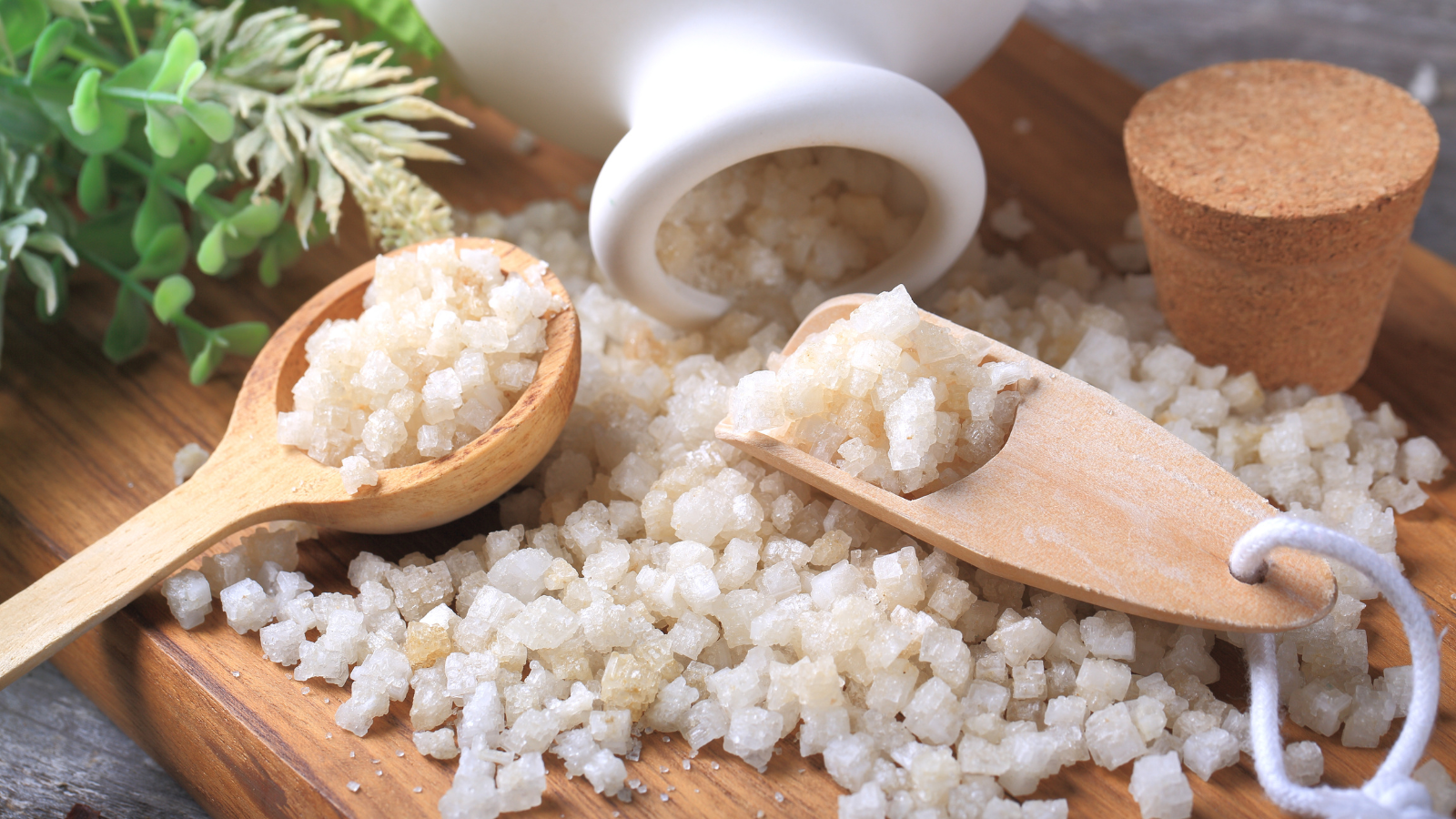
How to Practice Dry Brushing:
- Dry Brushing: Use a natural bristle brush to gently brush your skin in long, upward strokes, starting from your feet and moving toward your heart. This helps stimulate lymphatic flow and exfoliate the skin, supporting detoxification.
Benefits of Epsom Salt Baths:
- Epsom Salt Baths: Epsom salt (magnesium sulfate) helps draw out toxins, relax muscles, and reduce stress. Add one to two cups of Epsom salt to a warm bath and soak for 20 minutes.
Incorporating these practices into your routine can help enhance your body’s natural detox processes and promote healthy, glowing skin.
8. Limit Alcohol and Processed Foods
Alcohol and highly processed foods can hinder your body’s natural detoxification processes and place extra strain on your liver. Reducing your intake of these substances will help your liver and kidneys function more effectively and promote overall health.

How to Reduce Toxins in Your Diet:
- Limit Alcohol: Alcohol can impair liver function and interfere with the body’s ability to detoxify. Limit alcohol consumption to support liver health.
- Cut Out Processed Foods: Processed foods are often high in unhealthy fats, sugars, and artificial additives, all of which can burden your body’s detox systems. Choose whole, nutrient-dense foods instead.
By reducing alcohol and processed foods, you can support your body’s detoxification organs and improve overall health.
Conclusion: Detox Naturally with Sustainable Habits
Detoxing doesn’t have to involve extreme diets or fasting. By focusing on whole, unprocessed foods, staying hydrated, supporting your liver, and incorporating regular exercise, you can enhance your body’s natural detoxification processes in a healthy and sustainable way. Simple practices like dry brushing, getting enough sleep, and reducing alcohol intake also play a crucial role in helping your body cleanse and regenerate.
Remember, your body is designed to detoxify itself. These gentle strategies help support and enhance what your body is already doing, promoting optimal health and well-being without the need for extreme measures.

